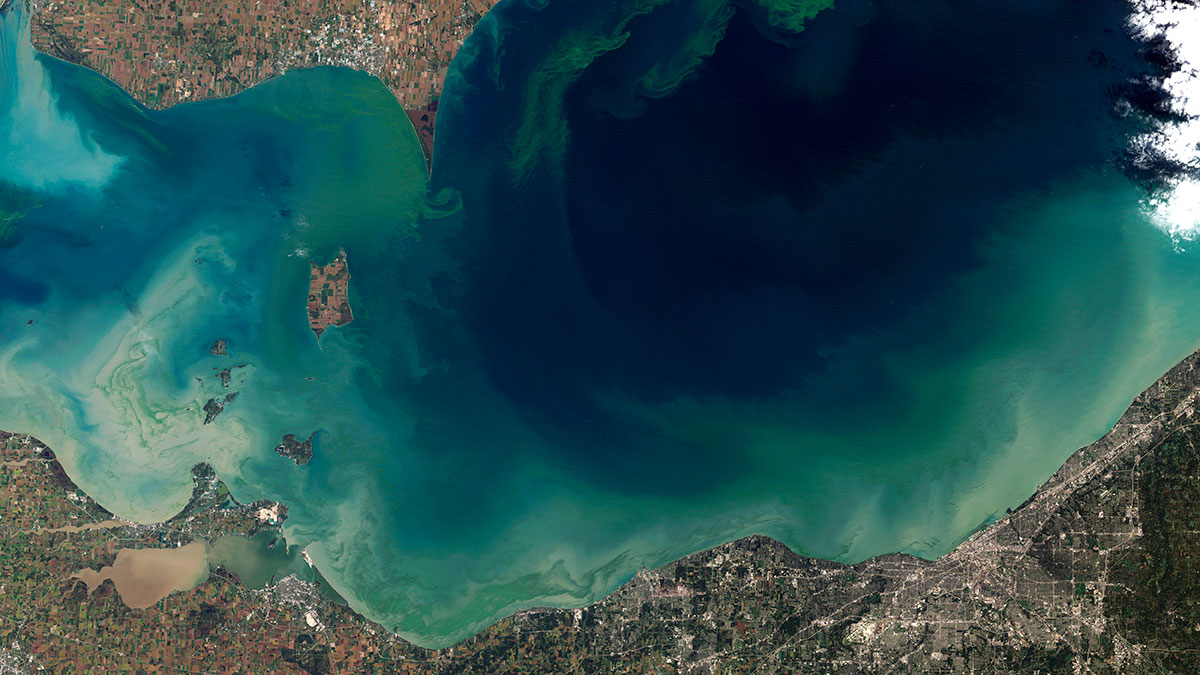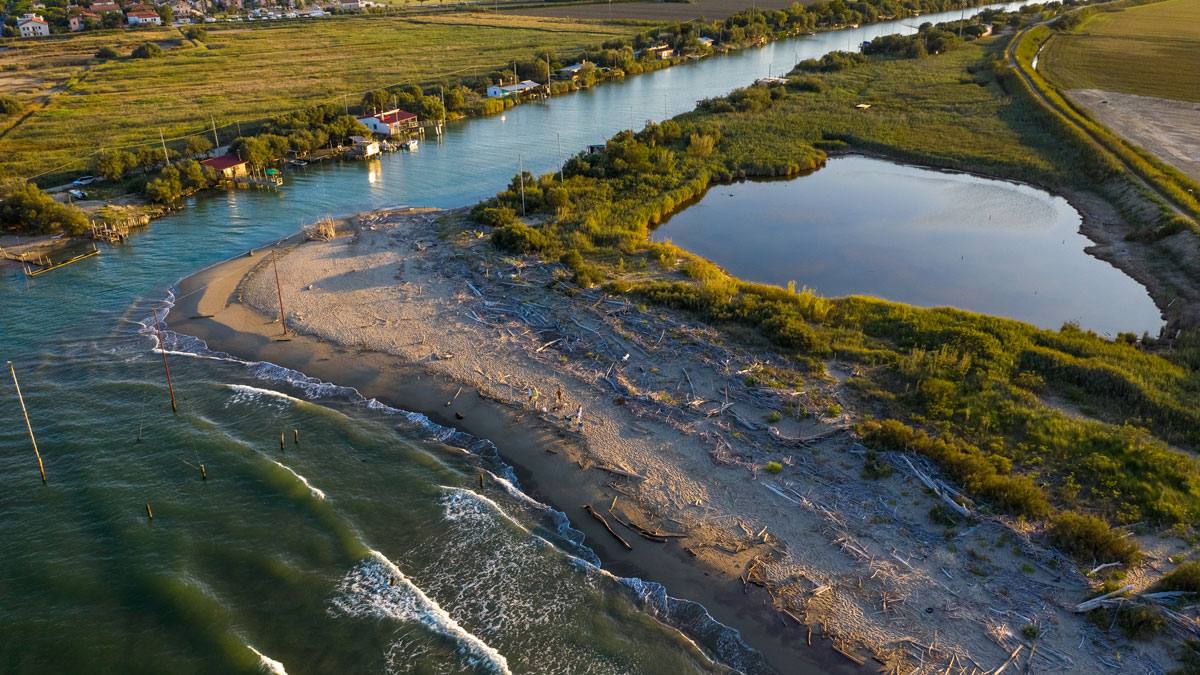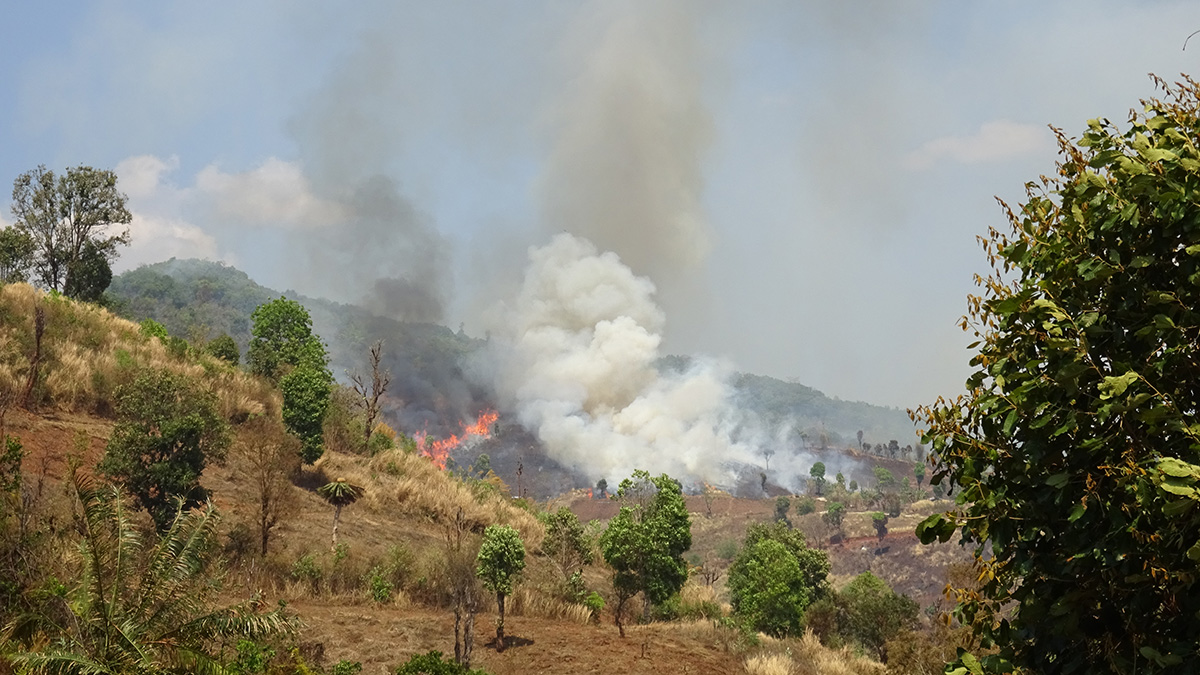Exposure to stinky odors can affect human health, but quantifying smells can be difficult.
geohealth
Community Input Drives Superfund Research
Researchers identified geochemical tracers for lead and investigated Oklahomans’ concerns at the Tar Creek Superfund site.
A New Technique Could Identify Algae from Space
Some types of algal blooms produce dangerous toxins, while others are relatively harmless to humans.
A Global Map of Human Sewage in Coastal Ecosystems
Prodigious quantities of nitrogen from human waste flow into coastal waters, a study of nearly 135,000 watersheds reveals.
The Far-Reaching Consequences of Wildfire Smoke Plumes
Smoke from wildfires burning in the western United States carries harmful pollutants across the country.
How the Armero Tragedy Changed Volcanology in Colombia
The deadly eruption of Nevado del Ruiz in 1985 made Colombian volcanologists realize that studying natural phenomena was irrelevant if they could not share their knowledge to avoid predictable tragedies.
Microplastics Morph Cell Metabolism
Microplastics get into our bodies, potentially altering how certain cells convert sugar into energy, especially in the gut. Continued ingestion could cause chronic problems.
Air Pollution Poses Inequitable Health Risks in Washington, D.C.
Certain health risks are greatest in neighborhoods with higher proportions of people of color and lower levels of income and education.
¿Cómo saber si has experimentado el calentamiento global?
Contestar esta pregunta puede ayudar a tomadores de decisiones, científicos y comunicadores climáticos a desarrollar estrategias más efectivas para llegar a escépticos y negacionistas.










